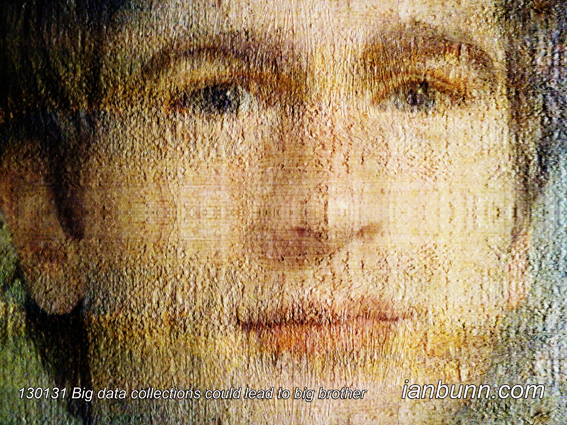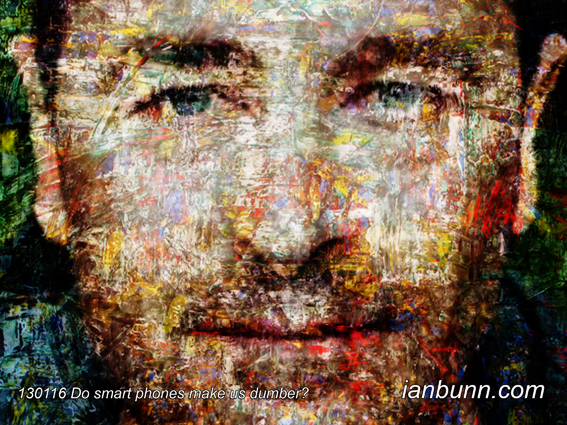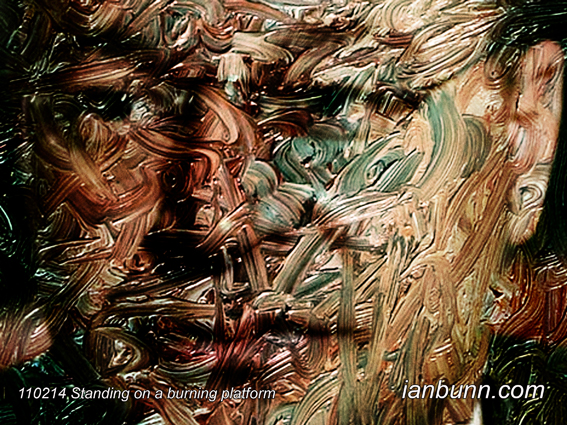 Big data collections could lead to big brother (January 31 2013)
Big data collections could lead to big brother (January 31 2013)
Boris Manenti the French journalist with Le Nouvel Observateur has published an article in the monthly magazine ‘Obsession’ on how big data collections could lead to big brother. In the article he states “Big Data is the massive volume of digital data that is so large to process that it needs additional management tools and database processing applications. It is much more than a concept; it’s a whole new technology that promises to “revolutionize our everyday lives.” The term “Big Data” originated from a simple observation. Every day around the world, 2.5 exabytes of data are generated. This data comes from everywhere: social networks, photos and videos posted on the Internet, GPS coordinates from smart phones, weather statistics from every corner of the earth, banking transactions, and so on. This massive amount of information only reveals its full potential after being processed, analyzed and cross-referenced. …The implications of Big Data are numerous – in theory at least. For the moment, the analysis of massive amounts of data mostly concerns companies who use it as a way to analyze their clients’ consumer habits. …The problem is the public’s acceptance. Big Data cannot be allowed to turn into “Big Brother.” “The users’ trust is crucial,” says Chuck Hollis. “To get the best medical treatment, we give our doctor as much information as we can, because we trust him. Big Data needs to convince its users it can be trusted in the same way.” He adds: “Every new technology creates new fears. Fire, electricity, the Internet, Big Data. With good there is always bad, we just need to keep that in check.”
Inspired by Boris Manenti, Nouvel Observateur ow.ly/gXF3Z Image source Twitter ow.ly/gXF2K

